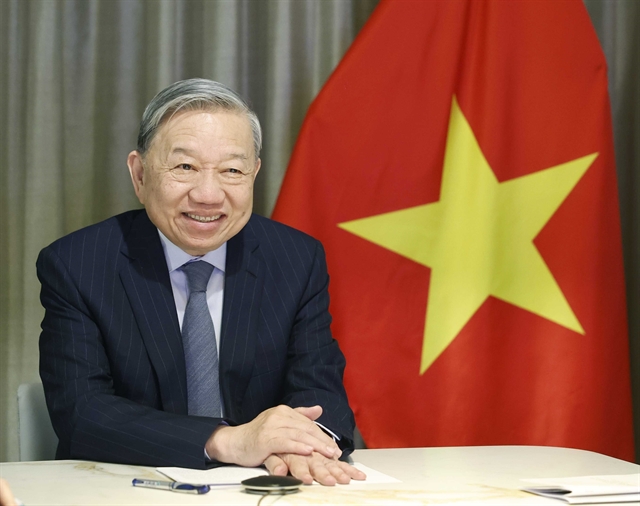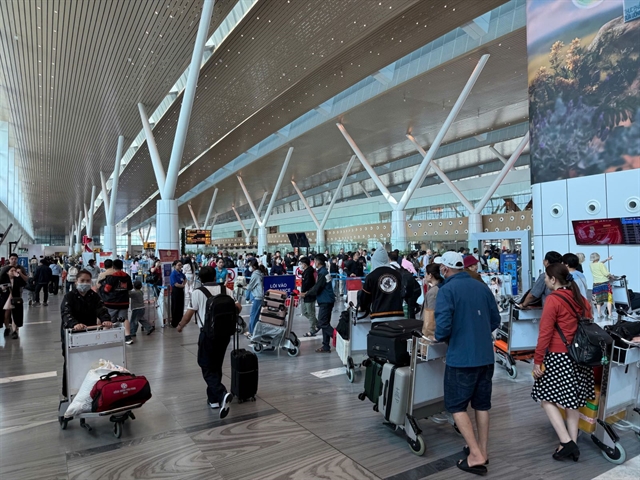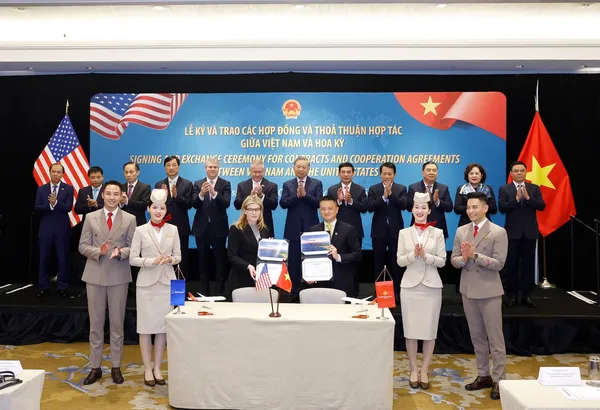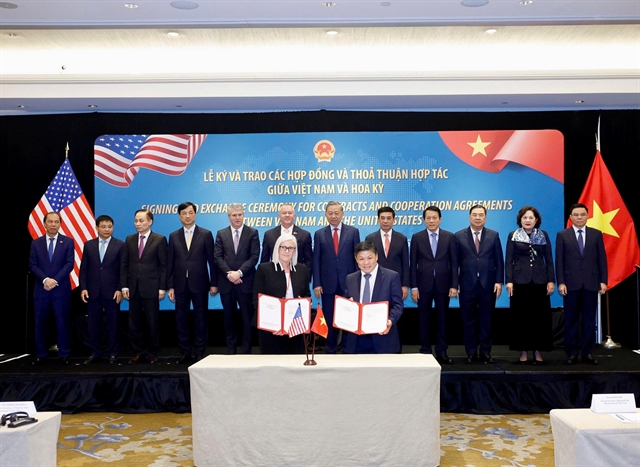 Expat Corner
Expat Corner
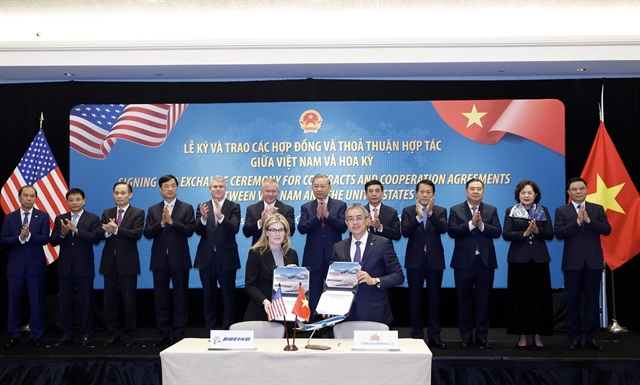
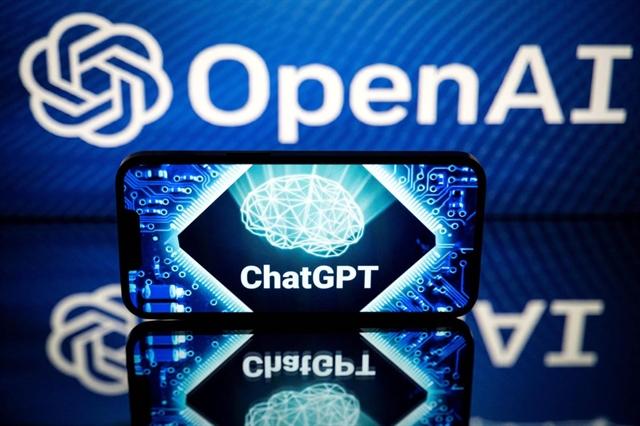 |
| ChatGPT launched on November 30, 2022, and has since hit over 100 million users. AFP/VNA Photo |
Seán Nolan
HÀ NỘI I often wonder how different life as an expat must have been before Google Translate, Apple Maps and instant messaging apps. In many ways, it's impossible to imagine living in Việt Nam without these tools.
In the words of British Prime Minister Harold Macmillan, we've "never had it so good".
Now, a new technological milestone has emerged, one that, in ten years' time, expats might also be saying: "How on earth did we live without that?"
In November of last year, OpenAI released ChatGPT, an artificial intelligence (AI) chatbot. Powered by vast amounts of data and access to near-unlimited information on the internet, ChatGPT has encyclopedic knowledge and mimics speech patterns to provide a seamless conversational experience.
It has taken the world by storm, racking up over 100 million worldwide users within two months of launch (for context, the same achievement took Google a year, Instagram two years, and Facebook four years).
Its potential is massive, and its impact on breaking down barriers in language and knowledge is near-unlimited.
While experts have raised valid concerns about relying on AI chatbots for fact-driven writing, such as in journalism or academia, due to accuracy and ethical reasons, the technology has already proven invaluable elsewhere.
For expats, AI going mainstream will further break down language and communication barriers.
Companies are already examining how to incorporate AI into existing instant messaging platforms, and this is where the technology is perhaps most exciting for expats.
For example, a message could be written and sent in English, with the AI translating it into Vietnamese and ensuring the recipient receives it in their language. The conversation could be conducted entirely in English on one end and Vietnamese on the other, with the AI translating in real time.
The incorporation of voice technology would further enhance this experience, allowing for real-time translations during phone conversations.
Of course, as with all technological advances, there will also be a cost, the biggest being that the motivation to learn another language will be gently whittled away by the ease of which technology can do the leg work for you.
Already many expats in Việt Nam don't even have a basic understanding of Vietnamese, because there simply is no need to, and I fear that position will become even more entrenched.
However, as another British Prime Minister, Harold Wilson, famously pointed out: "The white heat of this revolution will be no place for restrictive practices or outdated methods."
Perhaps the ability to communicate better with technology at the cost of communicating without technology is the price to pay.
Get ready for the world to get smaller and for communication to become even more accessible, online at least. VNS

